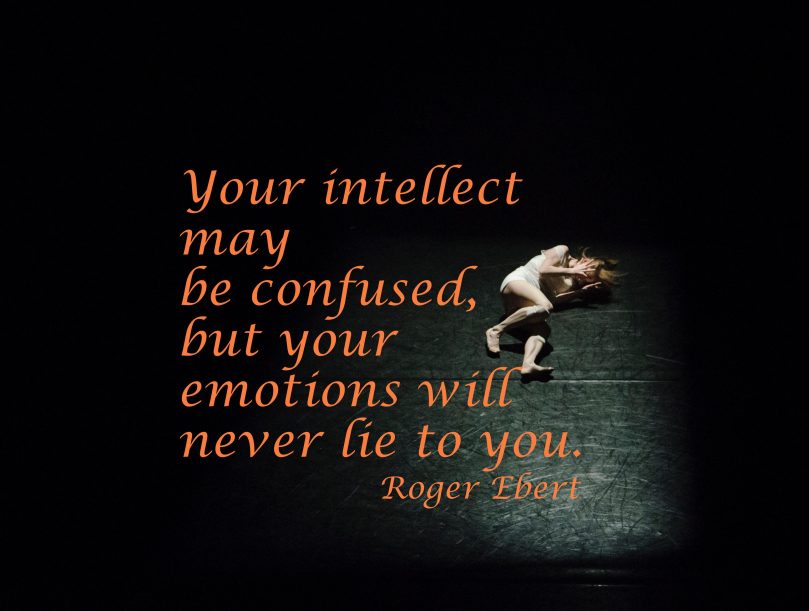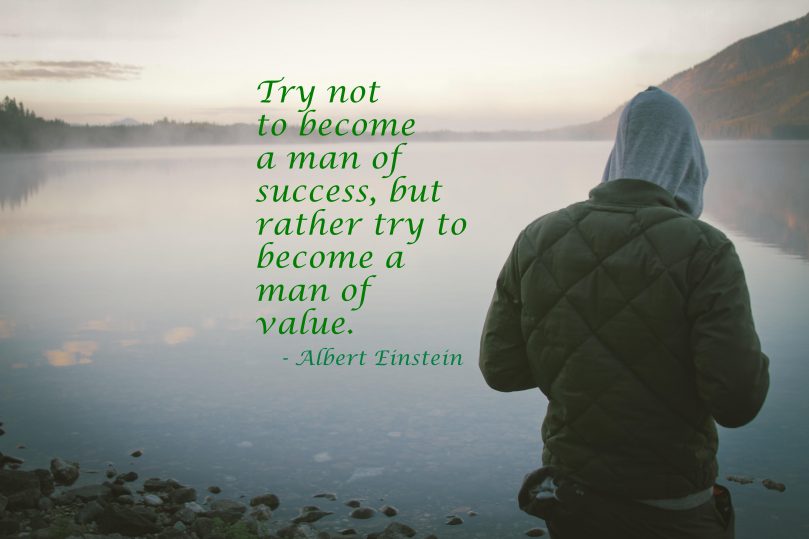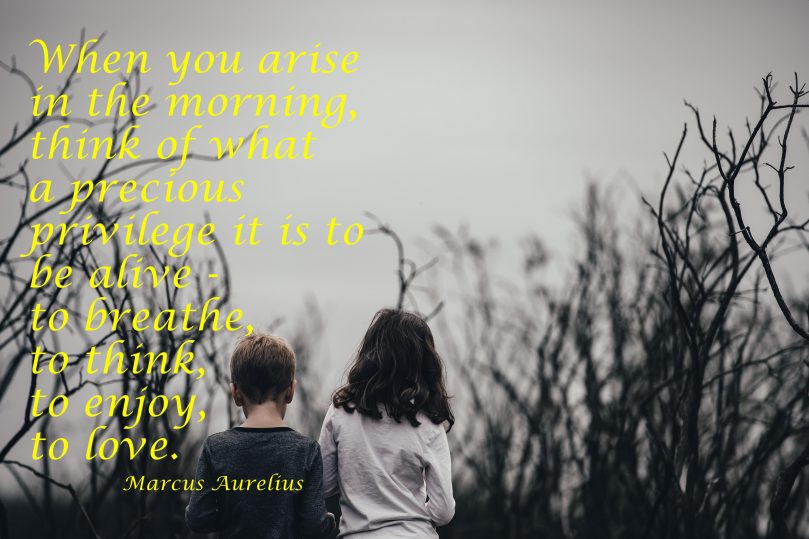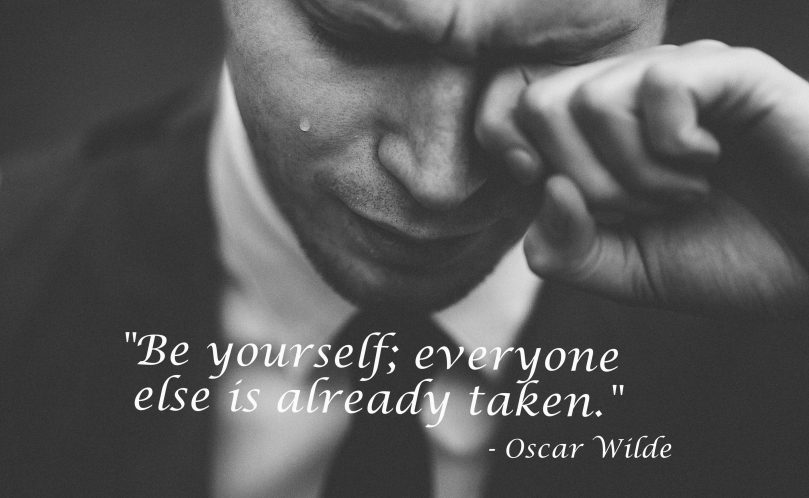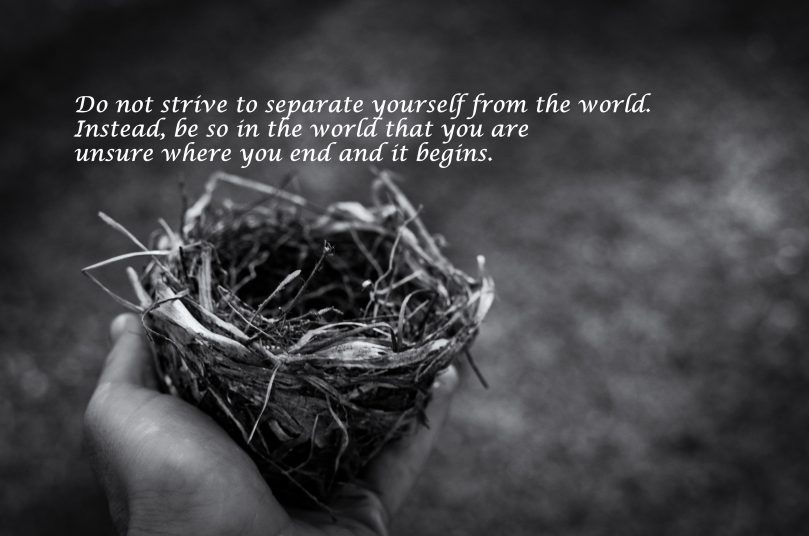How is your emotional vocabulary? Do you struggle to find the right word to describe how you are feeling? You are not alone!
Understand Your Emotional Fluency
As I posted earlier, I went to a counselor to get some insight into my feeling of disconnection from those around me, which I thought was based on experiences from my childhood. In conversation with him, we discussed how I expressed my emotions to others. It turns out my ability to express what I was feeling was restricted to 5 or 6 feelings! What I needed was to expand my ability to express my emotional state, and so improve my emotional intelligence.
It turns out men are not trained to be as emotionally descriptive as women. Most men use the same basic descriptors of their emotions when expressing them. The most common being sad, happy, angry, afraid, surprised and disgusted. Most women have access to many more terms to more accurately describe how they feel. Just as some of us men are color-blind, many of us find ourselves floundering to state our actual feelings, a sort of emotional blindness. Women are encouraged to “feel” much more openly as they grow – the end result is they are far more skilled at emotional fluency than men.
The Vocabulary Wheel
What we need is a way to become more fluent in the language of emotion! My counselor shared a tool he uses to help people work on their emotional vocabulary – English teacher Kaitlin Robbs’s wheel. This wheel starts in the middle with basic emotions (like what I was used to using) and expands outwards, giving us more accurate words to describe our feelings.
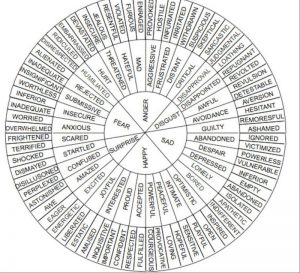
These detailed synonyms are extremely helpful in expanding your fluency. They certainly helped me move from “I’m happy” and “I’m sad” to more accurate descriptions.
Exercise your Emotions!
I use this wheel to find alternative words to use in posts, articles, and conversation. It is a great tool for fresh writing, and a must-have to build your emotional vocabulary. If you are interested in emotional intelligence at all, this is a great place to start.
Are there other tools you have come across to help express your feelings?
Photo by Austin Mabe on Unsplash
